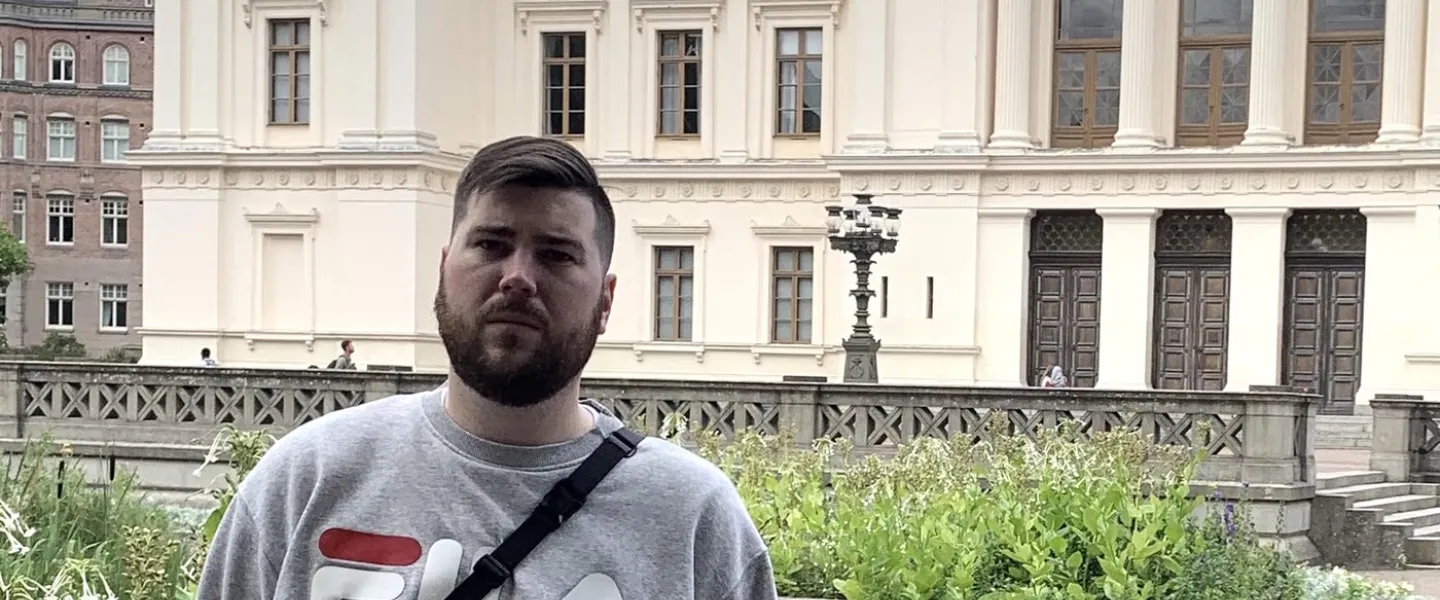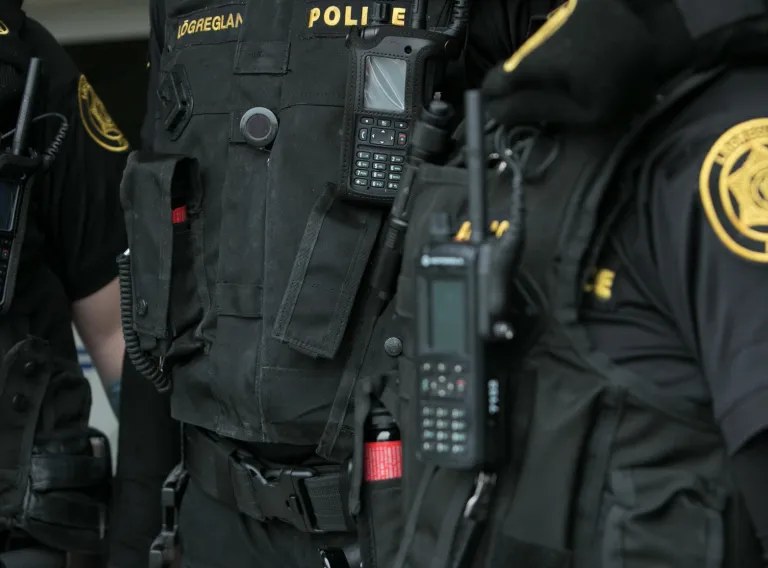
Every summer, numerous university students engage in innovation projects under the supervision of academics at the University of Iceland across diverse fields of study. The Student Innovation Fund supports these projects. These projects do not only produce original and tangible solutions of various kinds, but also shed light on aspects of Icelandic society that need improvement.
Egill Karlsson, a master's student at Roskilde University and a former sociology student at the University of Iceland, worked on a project this summer under the supervision of Margrét Valdimarsdóttir, Associate Professor of Sociology at the University of Iceland. In his project he analysed media coverage of a memorable case that left a lasting impression. The research was conducted from the perspective of narrative criminology, which argues that to understand crime, especially responses to it, we need to examine the stories about crime. "For social sciences in Iceland, particularly criminology, narrative criminology offers an interesting angle on how media and narratives can influence public attitudes and behaviour," says Egill.
Egill's research is a case study of a famous incident from 2022. "I focus on news coverage of a case where an individual escaped police custody while being transported to the Reykjavik District Court. The case was all over the Icelandic media for the three days the man was on the run, and a lot of attention was given to his long criminal history," says Egill.
While the fugitive was on the loose, the police twice stopped young individuals who had no connection to the case. "Both individuals had dark skin, which led the police to close the comments section on their official Facebook page. The case attracted a great deal of attention, and the police was heavily criticised and accused of racial profiling," Egill recalls.
Police communicated with the fugitive and the public through the media
According to Egill, the inspiration for the project came from two sources. "In my previous master's studies at Lund University, I became interested in narrative criminology and also in theories inspired by Michel Foucault, particularly governmentality and control, both formal and social. I followed the news on this specific case as it unfolded, and I found it interesting how much the police appealed to the public for assistance, even whilst being heavily criticised for their treatment of an innocent teenager. I was also intrigued by how the police communicated with both the fugitive and the public through the media and how quickly the authorities dismissed all criticism and distanced themselves from responsibility," he explains.
